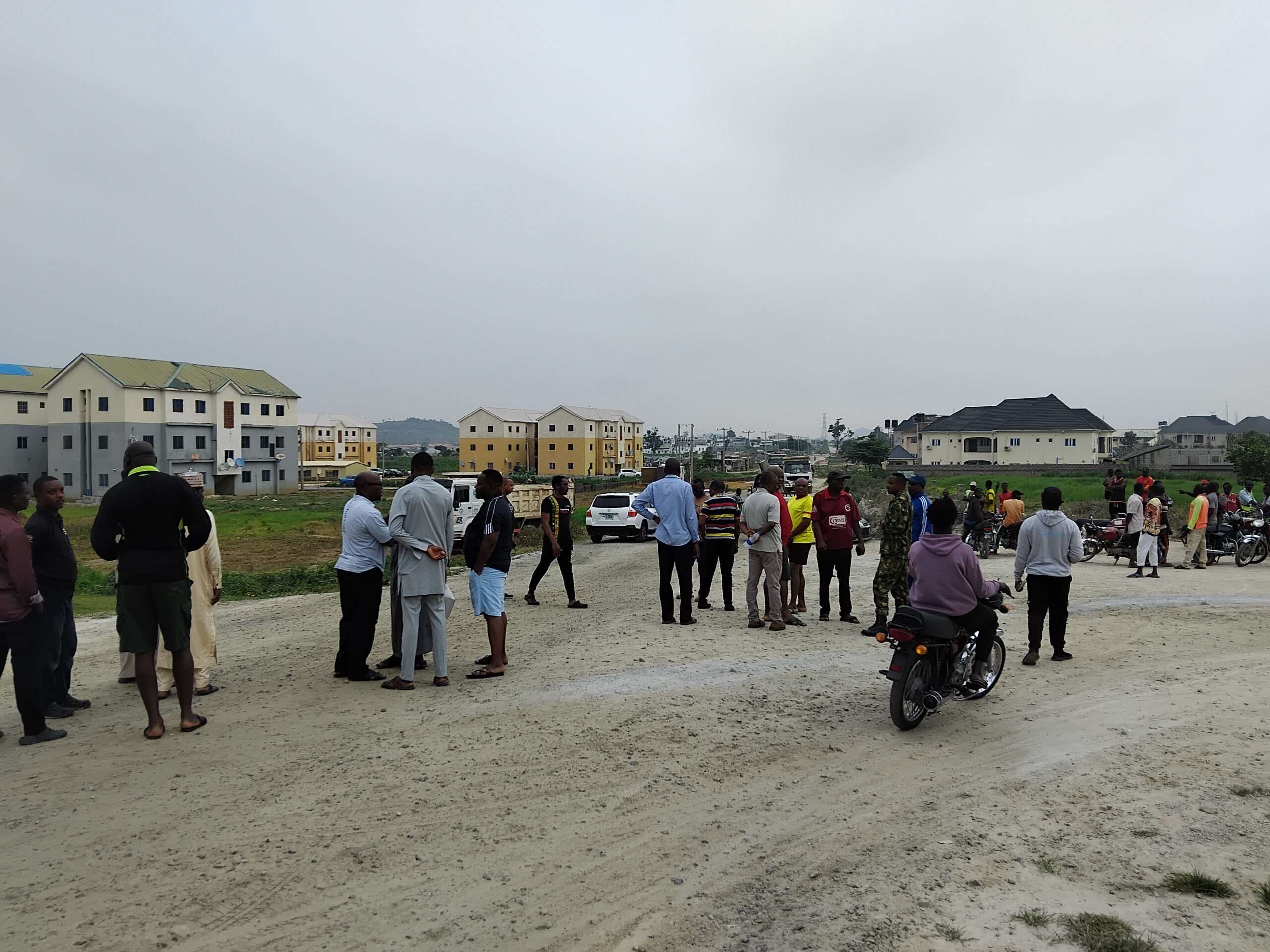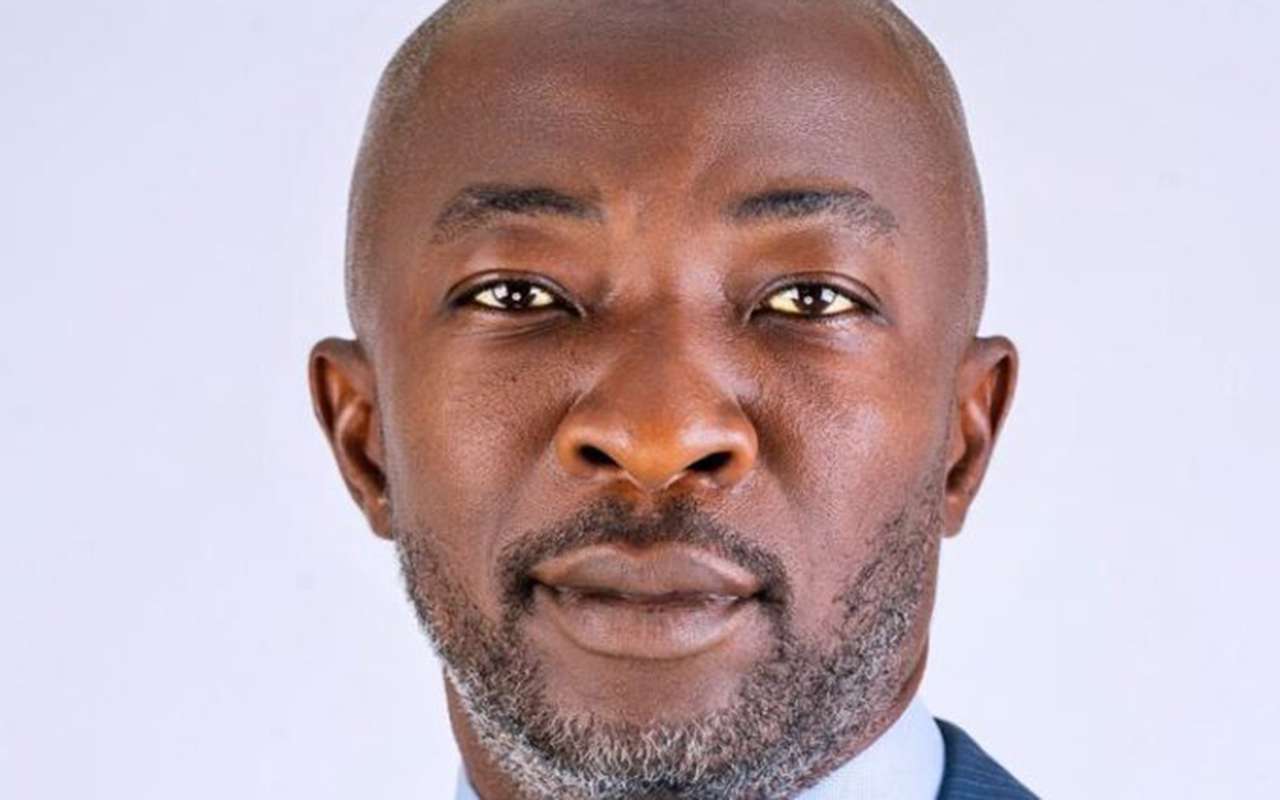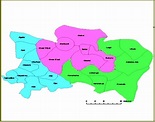By Diri Erute
Across Nigeria’s Federal Capital Territory (FCT), quarry operations sit startlingly close to homes, schools and markets, despite national rules that require a 3-km buffer.
In Abuja’s Idu railway/industrial axis, ACO Estate in Lugbe, and Arab Road in Kubwa, residents report cracked walls, choking dust, and weekly blasts that rattle windows and nerves.
Regulators sometimes swoop in, recently sealing a site near ACO Estate, but long-running complaints and a new federal probe into explosives use suggest systemic gaps in siting, monitoring and accountability.
Air-quality measurements near the Kubwa site show PM2.5 levels more than double World Health Organisation (WHO) guidelines.
PM2.5 refers to fine particulate matter less than 2.5 micrometres in diameter, posing significant health risks by penetrating deep into the lungs and entering the bloodstream, causing respiratory and cardiovascular issues, and can be linked to early death.
Meanwhile, companies continue to expand capacity, with political visits praising industrial output even as communities say they shoulder the externalities.
When residents of Aco Estate in Lugbe, Abuja, poured into the streets in late July 2025, they carried placards, blocked access roads, and shouted a simple demand: “Stop the blasting!”
For years, families in the estate, also known as AMAC Estate, had lived with tremors from nearby quarry operations. The explosions rattled windows, split walls, and covered their homes with fine dust. But this time, the outcry was impossible to ignore.

Days later, Nigeria’s environmental regulator, the National Environmental Standards and Regulations Enforcement Agency (NESREA), sealed the Chinese-run quarry behind the estate, along with 13 other facilities across the capital.
The action by the NESREA was the most visible crackdown on Abuja’s powerful quarry industry in years.
But interviews with residents, company records, and policy documents reveal a deeper story: quarrying in Nigeria’s capital has expanded faster than regulation, oversight, and urban planning can keep up with, leaving whole neighbourhoods trapped between construction demand and environmental ruin.
At the heart of the Lugbe protest is a quarry run by Dai Jin Jia Investment Limited, sited at Pyakasa village, just behind ACO Estate. Residents accuse the company of “incessant and unregulated” blasting that left homes with cracks, roads pitted, and families frightened.
“We feel the blasts every week—sometimes twice,” one resident, Mrs Mariam Usman, told journalists during the protest. “Our houses shake as if there’s an earthquake. NESREA only comes after we cry out.”
The company could not be reached for comments. Repeated efforts made to reach Dai Jin Jia Investment Limited proved abortive.
When NESREA sealed the site, it cited a lack of proper environmental documentation and unsafe practices. Officials noted some pits far deeper than the legal limit, exposing both workers and nearby homes to heightened risk.
Yet, despite the dramatic enforcement, the agency has released no public compliance plan, leaving residents uncertain about whether the reprieve will last.
If Lugbe represents community resistance, Kubwa shows what happens when industrial ambition collides with urban expansion.
Here, Zeberced Limited operates what officials have referred to as the largest quarry in West Africa. Situated off Gbazango Road, the site produces massive volumes of granite, feeding Abuja’s never-ending demand for construction material.
But Kubwa is also one of Abuja’s fastest-growing residential hubs. Estates, schools, and small businesses now press against the quarry’s perimeter. Trucks thunder down access roads daily, spewing dust and battering pavements.
Health researchers and investigative reporters have documented respiratory complaints, stress, and structural damage in communities across Abuja’s quarry belts, including Kubwa.
Yet, there is little public disclosure from operators on blast schedules, dust monitoring, or compensation systems for affected households.
Abuja’s Idu district is better known as the host of the FCT’s main railway station and industrial park than as a blasting site. While direct evidence of quarrying next to the station is limited, the area illustrates another side of the problem.
Idu is a magnet for heavy industry, from cement depots to steel yards. With every truckload of granite and sand funnelled into the hub, residents and commuters endure choking dust, traffic snarls, and the hidden cost of aggregate logistics.
If quarrying has not yet moved into Idu’s backyard, the industrial sprawl ensures its impacts are felt all the same.
It is worth noting that Nigeria is not short on rules. The Minerals and Mining Act of 2007 and NESREA’s National Environmental (Quarrying and Blasting Operations) Regulations, 2013 set clear obligations: dust suppression, noise and vibration limits, environmental audits, and community safety protocols.
However, on the ground, enforcement is patchy. NESREA’s July 2025 sweep was the exception, not the rule. Few operators publish environmental data. Residents rarely receive blast notifications. And compensation for cracked homes is left to ad hoc bargaining, if it comes at all.
“The regulations exist only on paper,” said Ugochukwu Nnamdi, an environmental lawyer. “In practice, quarries keep blasting, and communities pay the price.”
The stakes are growing as fast as Abuja itself. With a population pushing 5 million and construction sites multiplying, the appetite for granite and sand will only increase. Unless quarrying is tamed with transparency and science, the capital risks trading its skyline boom for a health and safety bust.
For families in Lugbe, Kubwa, and Idu, the message is clear: the fight is no longer just about roads and concrete, but about the right to breathe clean air, live in safe homes, and sleep without fearing the next blast.








